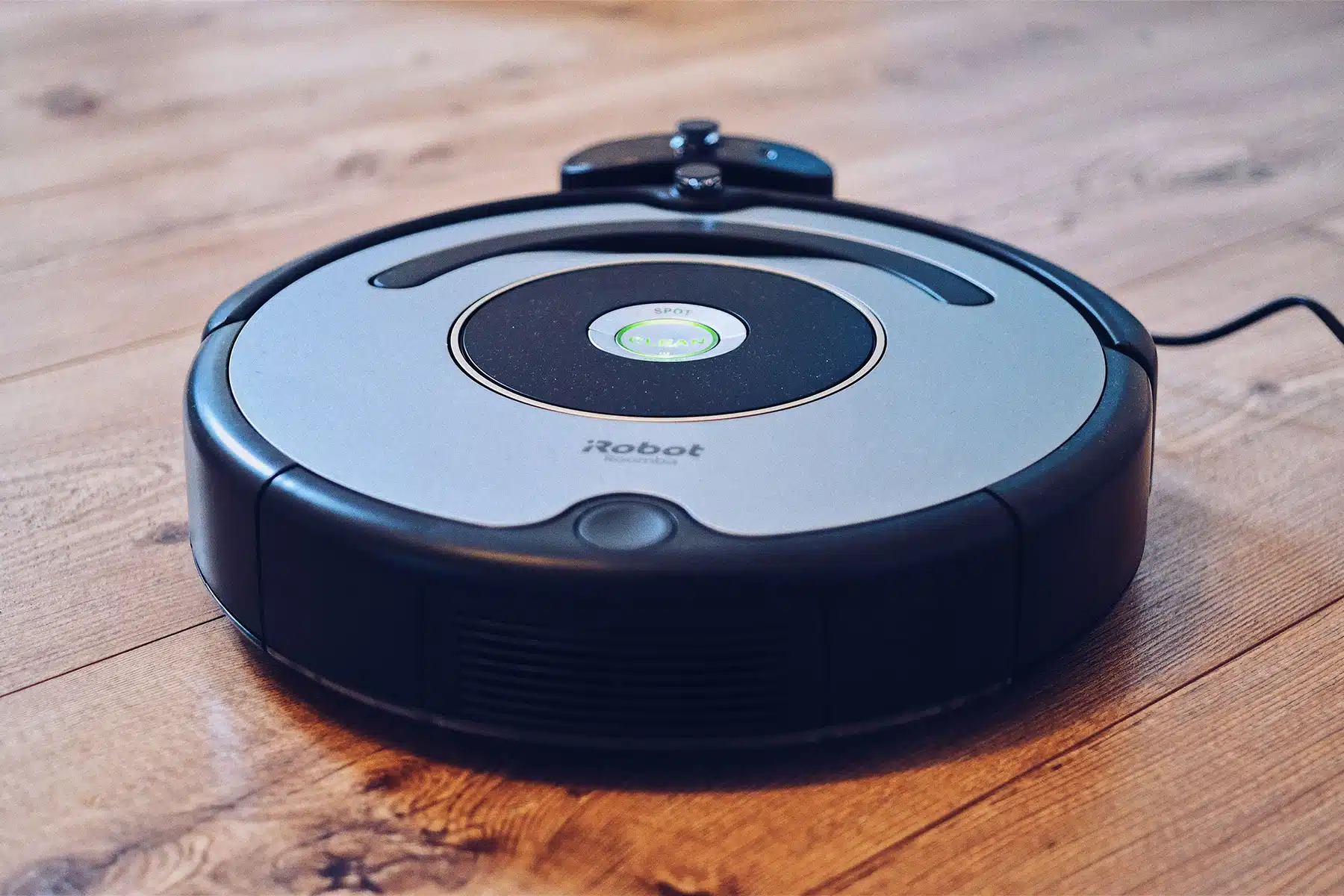Back in 2011, IBM’s Watson (a natural language-based supercomputer) shot to fame when it beat two of the greatest champions on American TV quiz show, Jeopardy. It was a landmark event that showcased just how far intelligent computing had come, while giving a tantalising glimpse of how far it might go in the future! Since that headline-grabbing win, Watson’s processing power has been harnessed by a range of industries, from helping doctors choose treatment options to assessing risk management and trading patterns in the finance sector. And now it’s starting to show huge promise in the hospitality industry.
Watson in action

How AI can increase staff efficiency
Mobile-reliant travellers increasingly expect a faster level of service during a hotel stay. Around the world hotels have launched guest messaging platforms to meet this expectation, with the promise of a speedier way to respond to guest needs. But current hotel technology doesn’t always allow this promise to be delivered. Today, messaging platforms enable guests to send requests from anywhere around the property. Invariably the front desk must deal with this new stream of messages, creating an extra burden on their time. A possible solution is to hire more staff to deal with the backlog, but industry labour costs are already sky-high. According to estimates by the Online Travel Reservation and Management System (OTRAMS), the amount spent by hotel brands on labour accounts for over 50% of hospitality industry operational costs. This is where AI can relieve the strain. Artificially intelligent systems such as “Ivy” (powered by IBM Watson), are capable of automating almost the entire guest messaging process. Designed specifically for the hospitality industry, Ivy handles around 90% of real-time requests, effectively becoming the main point of contact throughout the hotel stay. Along with answering questions such as “What time is breakfast served?” and “Can you tell me the Wi-Fi code?”, without human intervention, Ivy will reroute specific needs to relevant departments. 
Enhanced in-room assistants

Personalised experiences
Brands such as Amazon and Netflix already use machine learning to understand consumer preferences and make tailored recommendations. In the years ahead, similar technology will be used by more and more hotels to deliver a level of personalisation like never before. Leading up to a stay, AI has the ability to help a hotel collect data to make specific recommendations, suggest trips, or sell additional services. With a fully automated system in place, an AI platform might notice a person had previously booked a hotel spa treatment and automatically offer them a relevant package deal as a booking incentive. 
In conclusion
Artificially intelligent systems such as IBM’s Watson come with the power to revolutionise the hospitality industry, from making life easier for hotel staff, to enhancing the experience for guests. As the amount of data hotels deal with increases, outdated technological processes will need overhauling. In the coming years, industry-specific AI platforms such as Ivy, offer a solution to 21st-century demands, freeing up the front desk, enabling a swifter response to guest needs and delivering an altogether improved level of service.



